January 2021





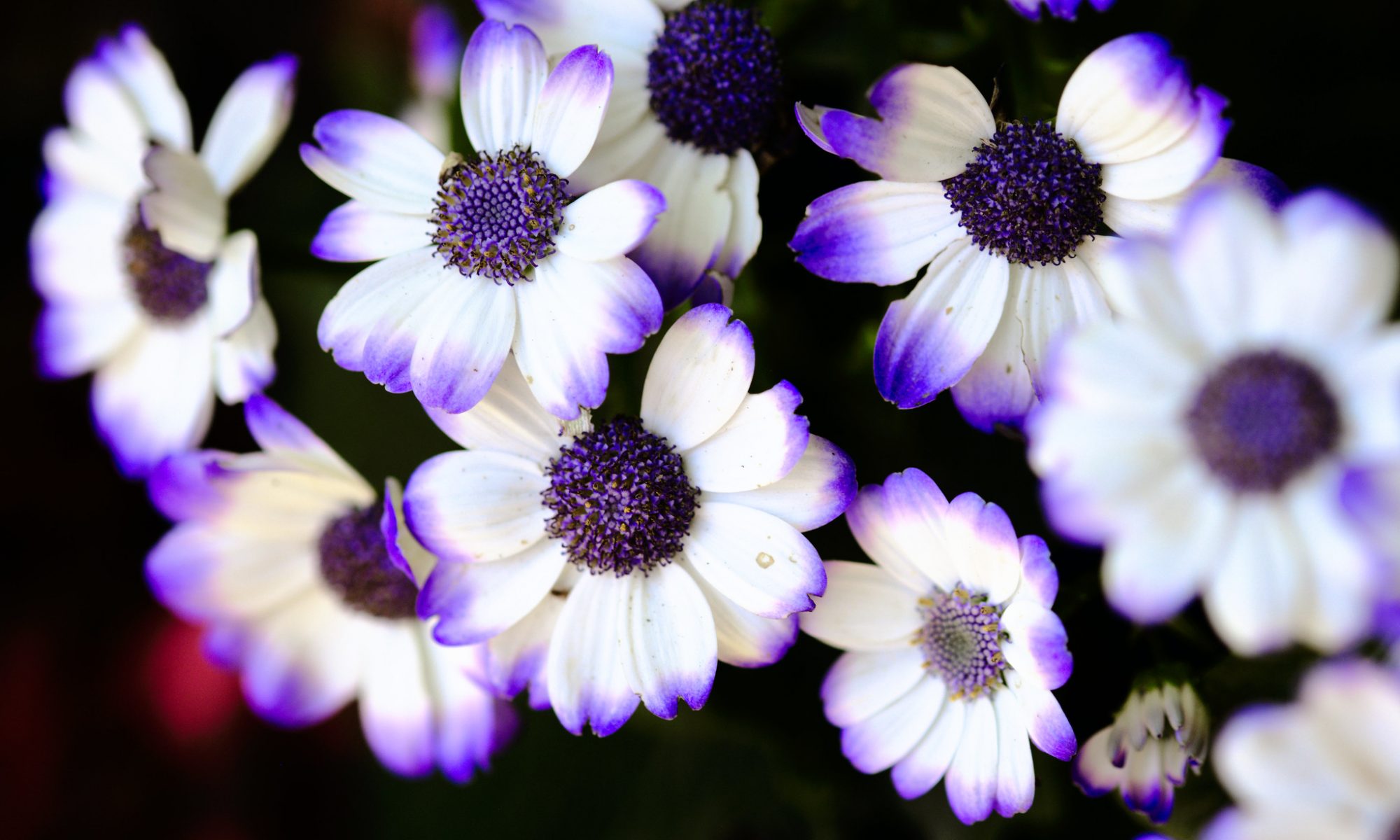
by Mary
Fires Near Me (NSW), Vic Emergency (Victoria)
These photographs were taken on 28 December on Bells Line of Road, which runs between western Sydney and Lithgow. Bells Line of Road is the northernmost of two road crossings of the Blue Mountains between Sydney and western NSW.
Wildnerness and parts of towns were badly burned for a long stretch between Lithgow and Bilpin on Bells Line of Road in the days leading up to and including December 21 by the Gospers Mountain / Grose Valley fire complex. The road re-opened on December 25.
The December 31 2019 eastern bushfire catastrophes were concentrated far to the south east from where these pictures were taken; they were in the South Coast of NSW and East Gippsland in Victoria. These two areas are also currently considered most at risk in the upcoming January 4 heatwave, with tourists asked to leave the South Coast and the evacuation of Kosciuszko National Park (January 2), following the evacuation of East Gippsland (December 29).
Fires are expected to continue in Australia until there’s substantial rainfall.
Donations are accepted by, among others:
Most affected areas rely heavily on the tourism industry for income, planning to visit after the fire period is also likely to be helpful, you can check NSW road closures and warnings at Live Traffic. Judging from Bilpin on December 28, take cash, phone lines and cell towers aren’t restored until long after power is.
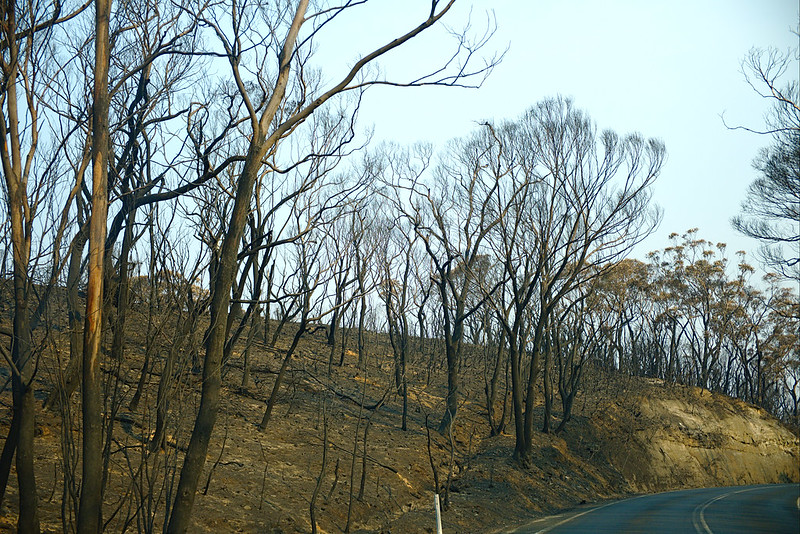
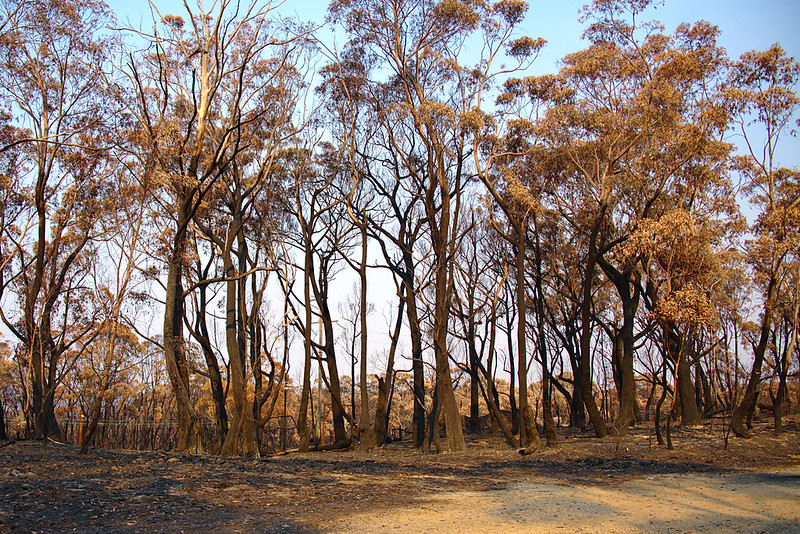

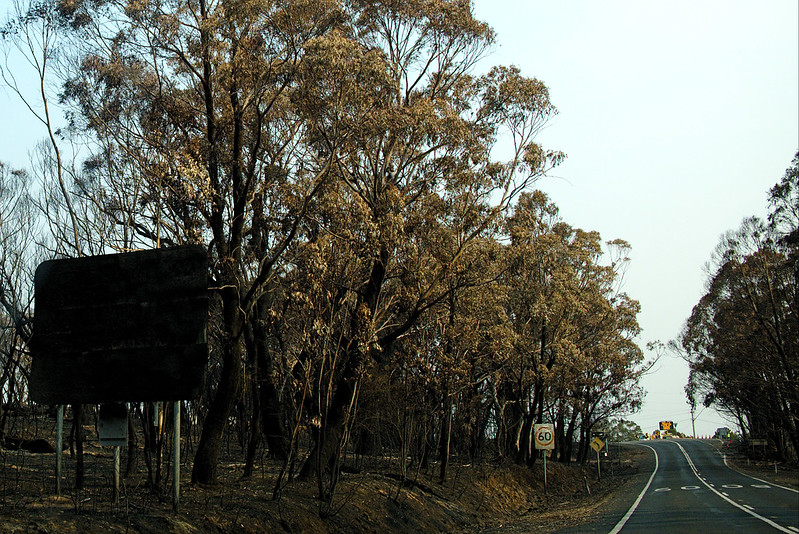
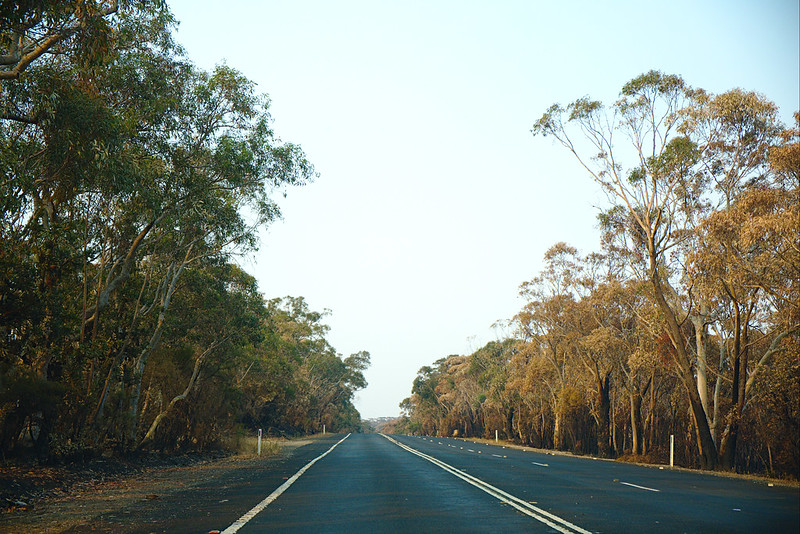
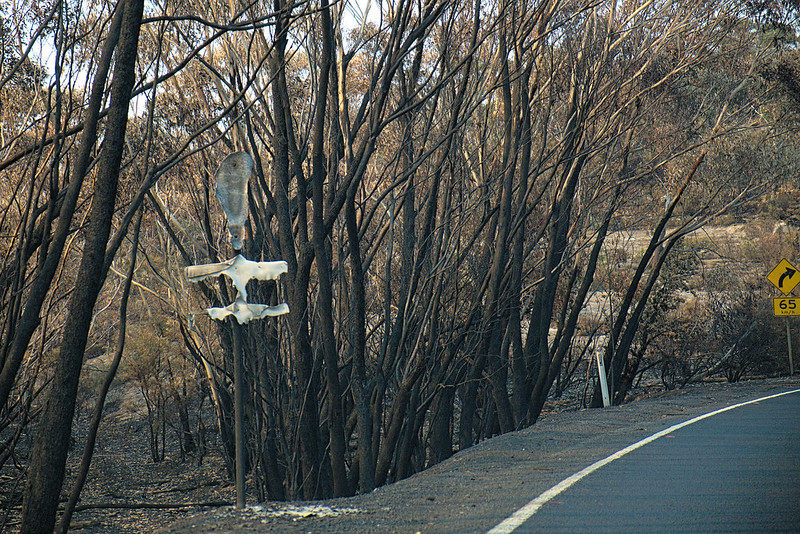
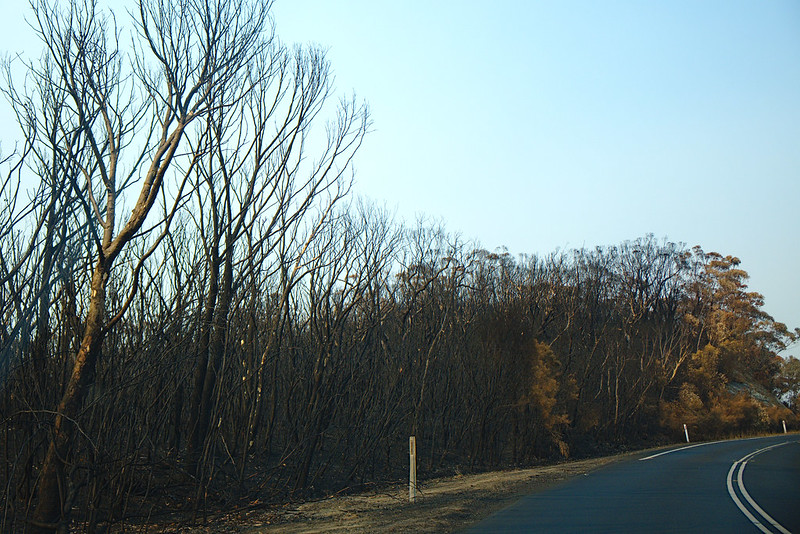

My quest to be a paid book reviewer remains stalled for two reasons: first, I’ve never once asked anyone for money to do a book review, and second, this book review comes to you express, hot out of the oven, fresh from the year two thousand and fourteen.
Annabel Crabb’s The Wife Drought: Why women need wives, and men need lives is titled and marketed on the old “women need wives” joke, ie, an adult in their home to make meals and soothe fevers and type manuscripts for free.
Crabb is also a well-known Australian political journalist — the ABC’s chief online political writer — who is best-known for hosting a cooking with politicians TV show, and probably next best known for her comic writing style, eg:
Right then. The parliamentary consideration of section 18C of the Racial Discrimination Act has concluded. The nation has experienced the special thrill of watching its elected representatives fight like ferrets in a bag over a legislative clause even John Howard couldn’t get excited about, and can now dully register the fact that all this fuss has produced exactly zero changes to the clause in question.
Annabel Crabb, There is nothing free about Mark Latham’s speech, April 1 2017.
One or the other of the title’s reliance on the hackneyed complaint about women needing wives, or Crabb’s journalist persona, caused a lot of people I know to write off this book unread. The marketing runs with this too:
Written in Annabel Crabb’s inimitable style, it’s full of candid and funny stories from the author’s work in and around politics and the media, historical nuggets about the role of ‘The Wife’ in Australia, and intriguing research about the attitudes that pulse beneath the surface of egalitarian Australia.
Penguin Books Australia
I suggest you don’t write it off, at least not for those reasons. It’s quite a serious book, and Penguin has buried the lede: intriguing research about the attitudes that pulse beneath the surface of egalitarian Australia.
The research is central to the book: Crabb did a lot of one-on-one work with demographers to extract answers to questions that no one had answers to about gender, work, money, and career progressions in Australia. Some of the findings the book contains are in fact new findings prompted by Crabb’s questioning of demographic collaborators (who are acknowledged by name, although not as co-authors).
I found two discussions especially interesting: the way in which Australia makes part-time work fairly readily available to women with young children and the many limits of that as a solution to pay and career progression disparities between men and women; and the evidence suggesting that, contrary to the widespread perception that men are hailed as heroes by men and women alike for participating in the care of their young children, they are actually discriminated against by their workplaces when they do so.
After that Crabb’s writing style is just an added bonus to keep you going through the book. If you’re going to read a demographic exploration of gender and labour in Australia in the 2010s, it’s certainly a nice bonus that it happens to be written by Annabel Crabb of all people. Instead, the major caution I would give is that it’s very middle-class in both point of view and content, without much discussion of that limitation; and is largely focussed on women partnered with men. Assuming that the work lives of middle-class women partnered with men in Australia is of interest to you, recommended.
As folks from the US in particular know, on January 27 Donald Trump signed Protecting the Nation From Foreign Terrorist Entry Into the United States. It includes this text:
Upon the resumption of USRAP admissions, the Secretary of State, in consultation with the Secretary of Homeland Security, is further directed to make changes, to the extent permitted by law, to prioritize refugee claims made by individuals on the basis of religious-based persecution, provided that the religion of the individual is a minority religion in the individual’s country of nationality.
Trump has explicitly clarified that this is intended to prioritise Christians:
In an interview with the Christian Broadcasting Network earlier Friday, Trump was asked whether he would prioritize persecuted Christians in the Middle East for admission as refugees, and he replied, “Yes.”
Trump signs order temporarily halting admission of refugees, promises priority for Christians, The Washington Post, January 27 2017
ask your local australian about how inhumane immigration policy can be used to shore up a decaying political order
— Eleanor Robertson (@marrowing) January 28, 2017
Remember :Australian Gov openly proclaimed their preference for Christian #refugees over Muslim refugees.Then tried to say it is not racist.
— #BlockTheBill (@riserefugee) January 29, 2017
As my readers may not know, but Australian refugee activists will, this is not novel policy among the US’s friends and allies. It’s policy in Australia, and has been at least mooted in Canada as well. In September 2015, Australia made a commitment to resettle 12,000 Iraqi and Syrian refugees in addition to the existing resettlement quota. (The Sydney Morning Herald, September 2015).
The Department of Immigration and Border Protection says:
Priority for 12,000 Humanitarian Programme places will be given to people displaced by the conflict in Syria and Iraq who are… assessed as being most vulnerable – persecuted minorities, women, children and families with the least prospect of ever returning safely to their homes…
Australia’s response to the Syrian and Iraqi humanitarian crisis, accessed January 29 2017
This discriminates against men, especially single or unaccompanied men, and Muslims. Here’s a (News Corp) press description: Australia will minimise its intake of single Sunni men as it vets the 12,000 Syrian refugees the government has pledged to take from Syria, prioritising instead Christian family groups who can never return home… [t]he government has said it would prioritise persecuted minorities in choosing the 12,000, widely understood to be code for non-Islamic migrants [my emphasis].
(The Australian, March 2016)
I haven’t found 2016 or 2017 statements, but discrimination against Muslims has also been floated by Canada (CBC News, December 2014) and as of 2015 Canada also prioritised other refugees before unaccompanied men. (The Guardian, November 2015.)
In general you can support refugees and asylum seekers (and recall, seeking asylum in Australia rather than being granted a visa through UNHCR processes makes you subject to internment here, in some cases in offshore torture camps) by supporting activists and advocates. A thoroughly non-exhaustive list includes RISE: Refugees, Survivors and Ex-detainees (run and governed by refugees, asylum seekers and ex-detainees), the Asylum Seeker Resource Centre and Refugee Legal.
Contacting politicians in support of Muslim and single male refugees: the Refugee Council of Australia suggests contacting your representatives, relevant Ministers, and the Prime Minister and other party leaders. They suggest contact by postal mail, asking questions that require a response. I am writing to Peter Dutton, the Minister for Border Protection and Immigration; Shayne Neumann, the Shadow* Minister for Border Protection and Immigration, and my local member Anthony Albanese (who is also a member of the opposition).
Meanwhile, in Australia, let’s call our senators tomorrow and tell them to vote NO on the lifetime refugee ban. https://t.co/zHK3JhMI7m
— The Last Winebender (@_lizbarr) January 29, 2017
The Refugee Action Coalition (Twitter, Facebook) is one place to find out about rallies and protests in Sydney.
Incidentally, Australians, if Australia was ever to start turning back residency visa holders at the border, would we end up rallying on the streets outside Kingsford-Smith and Tullamarine?
* For readers outside Australia/the Westminster system, the opposition appoints a Shadow Minister to each portfolio, who speaks about how the opposition would approach that ministry, if it were the government, and pay special attention to the actions of that Minister and department. Since the opposition isn’t the government, the Shadow Ministers do not actually have a department reporting to them.
I gave an Australian friend a rundown on my sources of information about US opposition to the incoming Trump administration, focussed on tech workers, and she pointed out that my resources were worth sharing; the “Australian technology worker following US tech industry organising” position is not very common. Here’s my little collection of links:
Tech Solidarity. Tech Solidarity is a series of meetings being run in major US cities for technology industry workers on the subject of solidarity with other workers and with technology users, against an authoritarian Trump regime. There’s a Tech Solidarity website, but the best place to find out about their meetings is their Twitter account, and the best place to find out about their politics is the @Pinboard Twitter account run by Tech Solidarity co-organiser Maciej Cegłowski.
Neveragain.tech. This is a specific pledge by technology industry workers to not be involved in building technology for the US government to target individuals based on race, religion, or national origin, as well as advocating for specific policies in our workplaces and protesting unethical practices. I am a signatory and several of my friends are organisers. A Tech Solidarity meeting was key in launching the pledge.
Indivisible Guide. A guide to influencing members of Congress when your goals are largely defensive and obstructionist, ie, to hinder the dominant party in Congress or the President’s party in implementing their policy platform.
While this guide is interesting, I think considerable caution is called for in applying much of it to Australian politics without asking Australian activists and staffers for their advice. For example, party discipline in Australia is extremely strong — your representatives, if members of a major party, almost invariably vote with that party — and Cabinet and the ministry are appointed from amidst the members rather than separately. The executive being drawn from the legislature is very very different to how the US executive branch works. The chapter on four local advocacy tactics that actually work may have some inspiration for beginning to engage with your state or federal MP’s local activities if you haven’t done so before.
There are several guides to opposing specific Trump administration policies and initiatives, such as Resistance Manual and the re:act newsletter. There must be more of these appearing every day; I’m not following them closely since the calls to action usually require being a constituent of US members of congress and/or being a US resident.
This article is the conclusion of a short series on one person’s perspective on what people might want to know before considering immigrating to Australia as a person with progressive politics, in 2016.
The goal of this series is, if there’s issues that affect you and/or you are active in and/or you want to know more about, to give you a capsule summary of the issue from my point of view, with links for further reading. Where I have them, I’ve given details of activists and organisations I follow in the space, and in some cases well known organisations that I don’t personally follow. In this last entry, I’m dealing mostly with identities and rights where I am not in the affected group and where I have no specific expertise. (Being a woman is the major exception to this, but even there I’m not a specific expert on women’s rights in Australia.) So rather than attempt to do justice to anything in detail, in most cases I’ve listed up to five things to learn more about, and then some follows of groups and individuals you can learn from.
Thanks to the many folks over the years who’ve developed the resources I relied on for this, ranging from Twitter to Wikipedia to our beleagured ABC. Most links from this entry are to Wikipedia; this is due to my limitations in finding the best sources. I strongly encourage you to treat Wikipedia articles as an overview and one source of further reading, not the last word.
Warning: this section uses the surnames of deceased Indigenous Australians, and links from this section may contain images and names of deceased Indigenous Australians.
In moving to Australia, unless you are an Indigenous Australian, you are inevitably taking part in the dispossession of Australia’s Indigenous peoples, who lived here for tens of thousands of years prior to European invasion two centuries ago.
Four things to learn more about:
Follow: The Land Councils (the list seems very incomplete, it is missing eg the New South Wales Aboriginal Land Council), Black Australia Tumblr (see their FAQ on non-Indigenous readers), Celeste Liddle at Black Feminist Ranter and Daily Life, the @IndigenousX tweeters together with @TheKooriWoman, the 2015 IQ2 Racism Debate and 2016 Wallace Wurth lecture speeches and ‘The Australian Dream’ Quarterly Essay by Stan Grant. National Indigenous Television is made by and for Indigenous Australians under the auspices of the public Special Broadcasting Service, the Australian Broadcasting Corporation maintains an Indigenous news portal and The Koori Mail is an Aboriginal-owned and operated national newspaper.
On January 26 each year, Invasion Day protests and Survival Day observances protest the original invasion and celebrate the continuance of Aboriginal communities and culture. If you are visiting or living in Australia on January 26 2017 as a non-Indigenous Australian, observing, supporting, and attending these (where appropriate) is a possible way to begin to support Indigenous activism.
Australia has a punitive, human rights-violating regime of imprisoning asylum seekers, particularly those who arrive by sea. Many asylum seekers are imprisoned on Papua New Guinea and Nauru where the refugees have less access to basic needs, lawyers, activists, and the media (and as noted in the last entry there are also strong restrictions on media reporting). The government is trying to arrange it so that any refugee held in these prisons will never be offered asylum in Australia, with recent proposals that they would never be allowed entry to Australia under any circumstances on any visa.
The UN has repeatedly condemned this regime, finding that it violates the Convention Against Torture and calling for immediate movement to humane conditions. Among the deaths in offshore detention centres are those of Reza Berati in 2014 at the hands of prison staff and, just recently, Faysal Ishak Ahmed after alleged serious medical neglect.
Former Prime Minister Tony Abbott (whose party remains in government now, under PM Malcolm Turnbull) has given lectures promoting this system to other countries. At present, while dislike of and protest against our torture of asylum seekers is widespread, it is not a core political issue for many Australians, and it gains support whenever it is relaxed and asylum seekers begin arriving by boat, and dying at sea, in larger numbers. The ALP, currently in opposition, supports offshore imprisonment continuing. The Greens are the largest party committing to ending it in their policy platform (and as best I can tell, even the Greens are not opposing imprisonment within Australian borders).
A selection of detailed reading on Australian refugee policies and immigration detention:
Follow: RISE (Refugees, Survivors and Ex Detainees), Asylum Seeker Resource Centre, Human Rights Law Centre, Refugee Action Coalition. Julian Burnside (a barrister who acts pro bono on refugee rights) has assembled a long list of asylum seeker support organisations. In May 2016 No Award published things australians can do to support asylum seekers.
Five things to learn more about:
Follow: The Australian Council of Trade Unions (ACTU), the ALP’s workers’ policies (see also those of the Greens), the ACTU’s list of individual unions and Diversity Council Australia for equality initiatives in the workplace.
Five things to learn more about:
Follow: I don’t have a solid set of follows in the anti-racism and racial justice space yet. I’d love some suggestions in comments.
Five things to learn more about:
Follow: the Star Observer has a list of national and state LGBTI Community Services and Organisations.
Five things to learn more about:
Follow: the monthly Down Under Feminist Carnival collating feminist writing in Australia and New Zealand
Four things to learn more about:
Follows: Sam Connor, Lauredhel at Hoyden About Town and Feminists With Disabilities, the late Stella Young and other writers at the ABC’s now defunct Ramp Up website, Australian Centre for Disability Law, The Conversation‘s disability rights writing, Our Consumer Place (a guide by and for consumers of mental health care).
NSW is one of the few jurisdictions in the world where sex work is decrminialised. Some other states and territories have legal sex work in some circumstances (eg in brothels, or privately) but not others, it varies quite widely. The Scarlet Alliance has a state-by-state breakdown.
Follow: Scarlet Alliance.